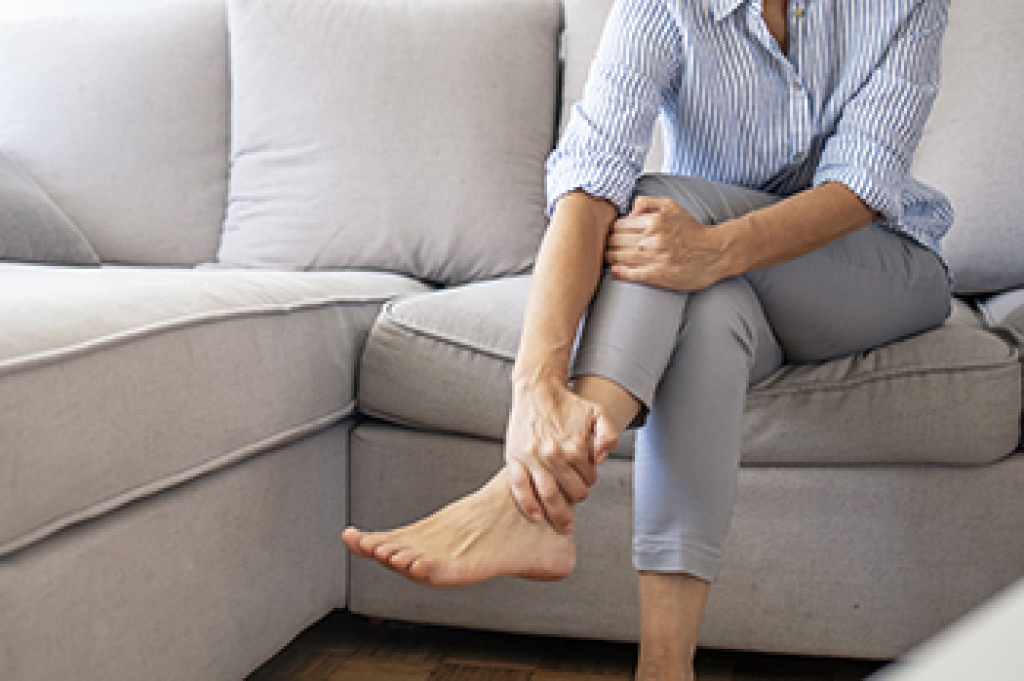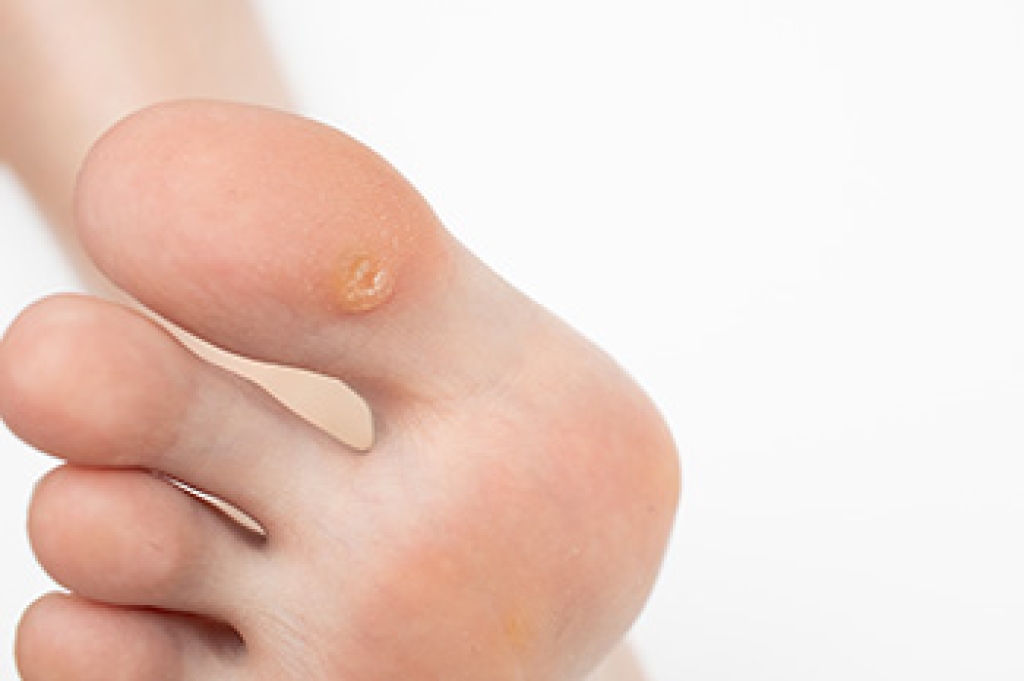
Running on a treadmill offers both benefits and drawbacks when it comes to the health of your feet. A treadmill provides a predictable surface, which can reduce the risk of tripping on uneven ground. It also may lessen impact on the ankles and toes compared to running on harder outdoor surfaces. The consistent motion of the belt can also help runners refine cadence, allowing shorter strides that place less strain on the feet and lower legs. However, treadmill running does not engage all of the stabilizing muscles around the feet and ankles in the same way as outdoor running, which may reduce strength in those areas over time. The repetitive motion can also place added pressure on the balls of the feet, leading to soreness or stress injuries. A podiatrist can assess running style, provide guidance on footwear, and recommend treatment if injuries develop. If you experience foot pain after running, it is suggested that you make an appointment with a podiatrist for an exam, diagnosis, and treatment.
All runners should take extra precaution when trying to avoid injury. If you have any concerns about your feet, contact one of our podiatrists of North Penn Podiatry. Our doctors will treat your foot and ankle needs.
How to Prevent Running Injuries
There are a lot of mistakes a runner can make prior to a workout that can induce injury. A lot of athletes tend to overstretch before running, instead of saving those workouts for a post-run routine. Deep lunges and hand-to-toe hamstring pulls should be performed after a workout instead of during a warmup. Another common mistake is jumping into an intense routine before your body is physically prepared for it. You should try to ease your way into long-distance running instead of forcing yourself to rush into it.
More Tips for Preventing Injury
- Incorporate Strength Training into Workouts - This will help improve the body’s overall athleticism
- Improve and Maintain Your Flexibility – Stretching everyday will help improve overall performance
- “Warm Up” Before Running and “Cool Down” Afterward – A warm up of 5-10 minutes helps get rid of lactic acid in the muscles and prevents delayed muscle soreness
- Cross-Training is Crucial
- Wear Proper Running Shoes
- Have a Formal Gait Analysis – Poor biomechanics can easily cause injury
If you have any questions, please feel free to contact our offices located in Lansdale, and King of Prussia, PA . We offer the newest diagnostic and treatment technologies for all your foot care needs.




